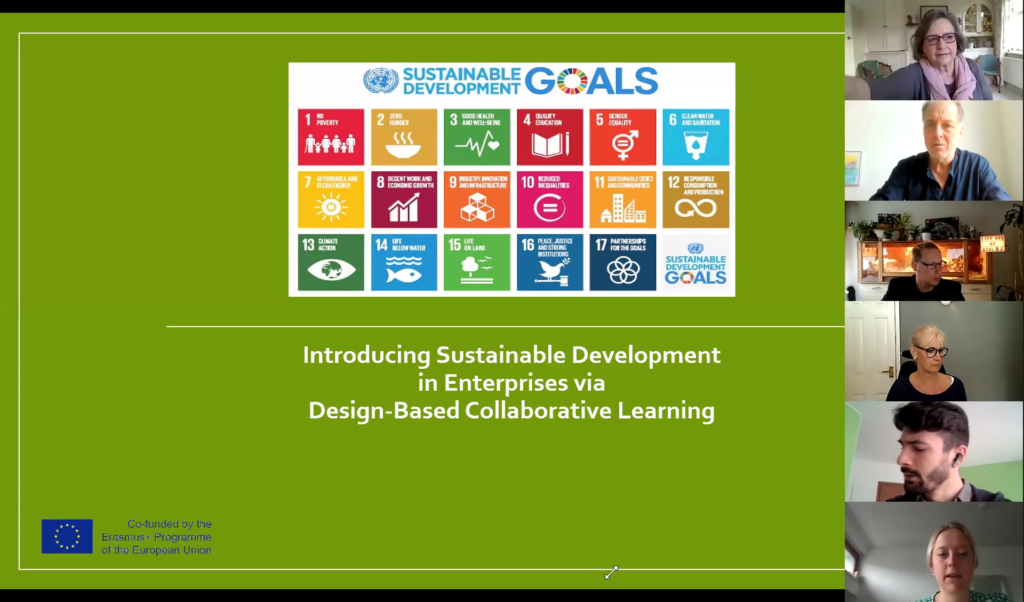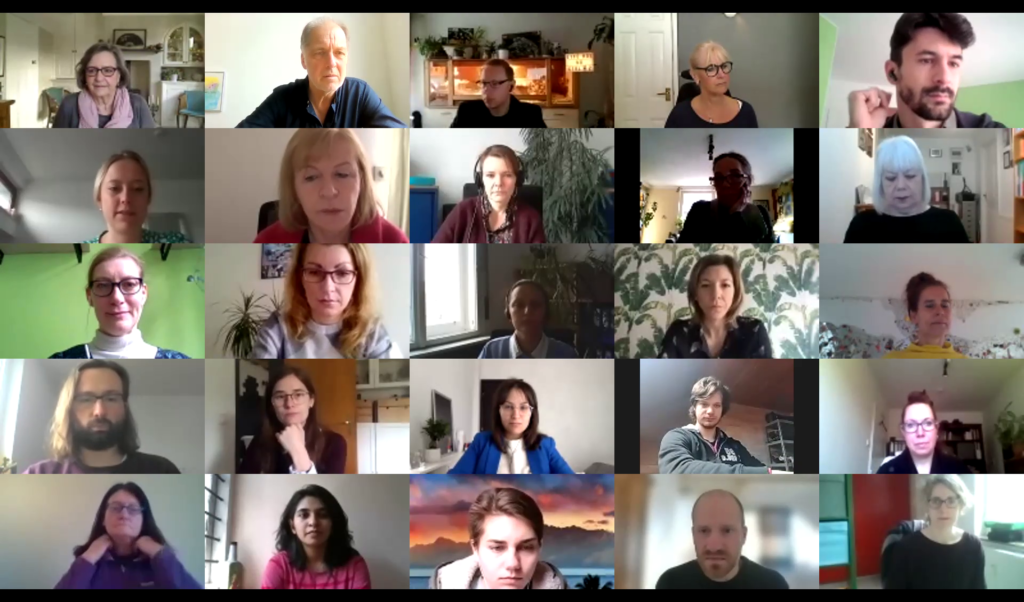The 11th REVEAL conference took place at the end of April – for the second time as an online event. Organised by the CIM project and the projects T4SD, the motto of the conference was: Sustainability as the key to innovation.
A combination of innovative approaches to implementing sustainability in educational institutions, organisations and businesses.
The conference programme was designed as a two-day online event combining theoretical inputs and good practice experiences with a practical part in the form of workshops to get a brief insight into collaborative learning in a design-based structure, while building and promoting the sustainability aspect.
In particular, the promotion of competences in this context in relation to a sustainable and resource-efficient life in society and economy – so-called green skills – were the focus of the conference and were examined in more detail and made tangible in the workshop sessions.
Beforehand, as an introduction to the topic, the development of four prototypes was presented in short presentations.
These were developed based on the workshop experiences gathered during the T4SD workshops the weeks before. These prototypes were presented in more detail during the conference and showed concrete implementation examples for sustainable business. Each prototype showed a real problem that could be solved through sustainable management:
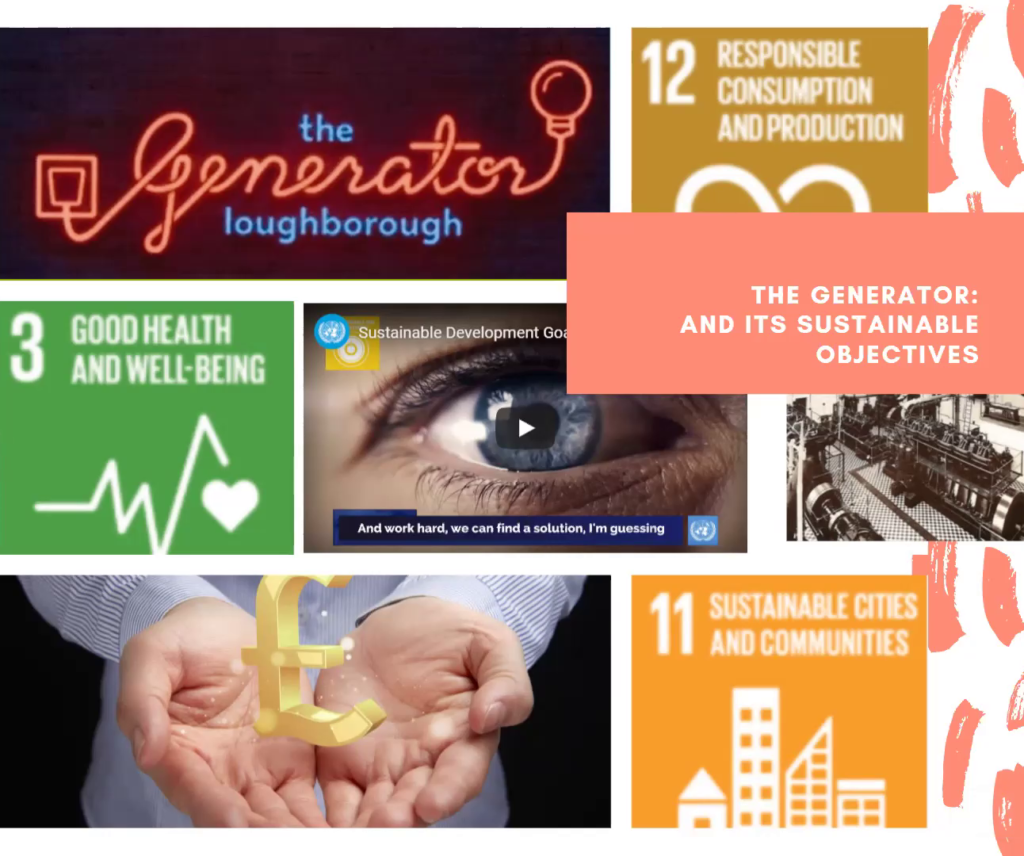 At a Cultural Heritage Site in the UK
At a Cultural Heritage Site in the UK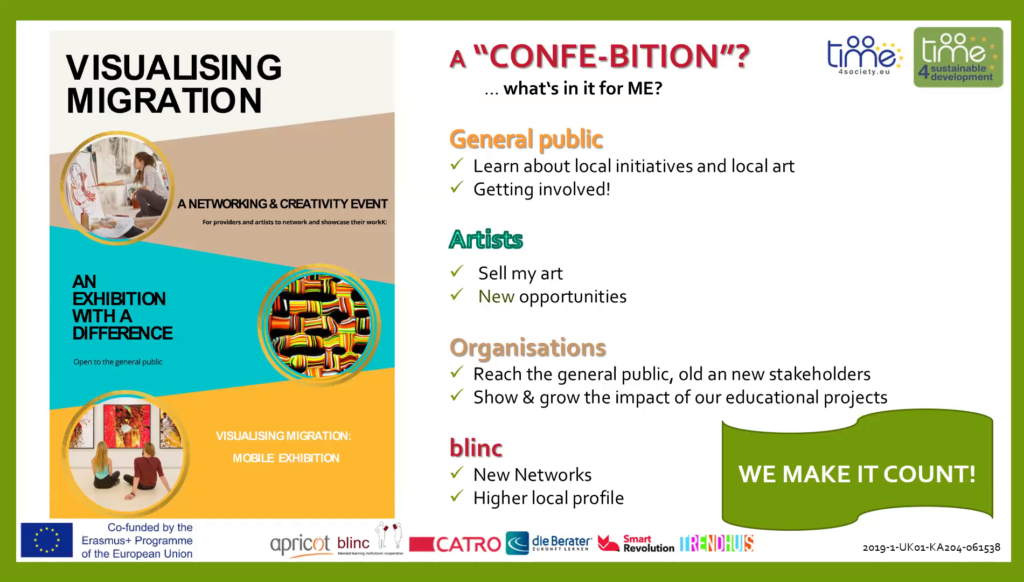 In a European Adult Education Network in German
In a European Adult Education Network in German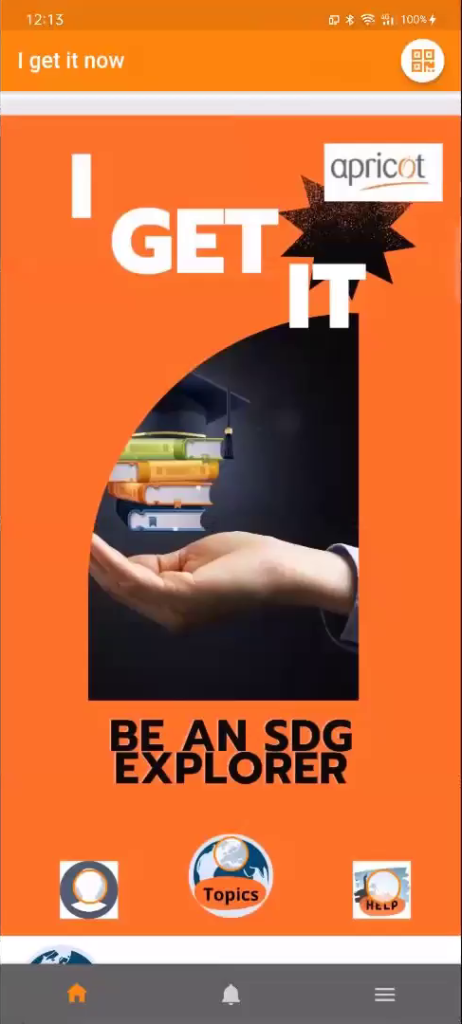 In an Education and Consulting Company in the UK
In an Education and Consulting Company in the UK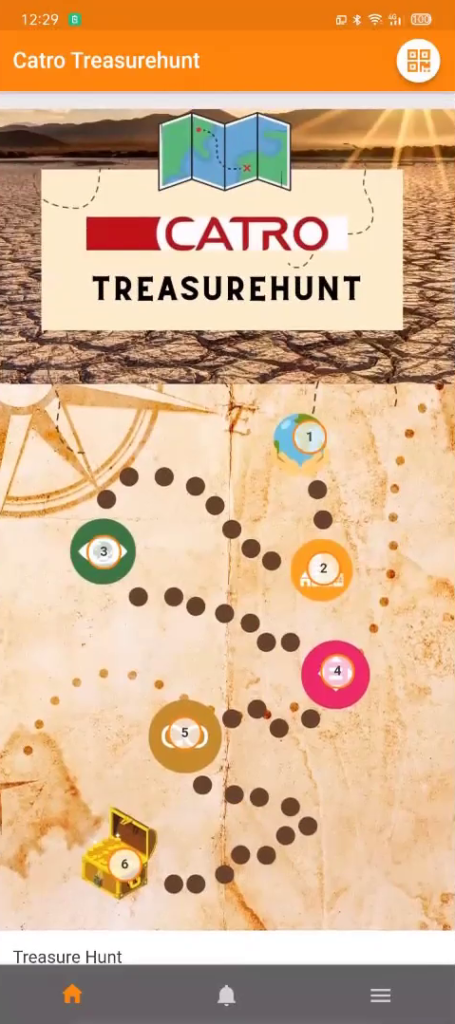 In a HR Company in Bulgaria
In a HR Company in Bulgaria
Each of these prototypes used different concepts and strategies to solve problems or to find ideas and opportunities to overcome the different challenges. The underlying concept, the design-based collaborative learning approach, was the key common element and showed clear parallels to the CIM approach.
The sustainability and innovation workshop sessions in the afternoon were designed with two objectives: to provide a framework for participants enabled by design-based collaborative learning, and to develop potential ERASMUS+ project ideas that would take a creative and innovative approach in mind.
From an organiser’s point of view and also based on the feedback from the participants, the workshop sessions were successful with a large amount of interaction and exchange, despite the limitations of the online environment.

